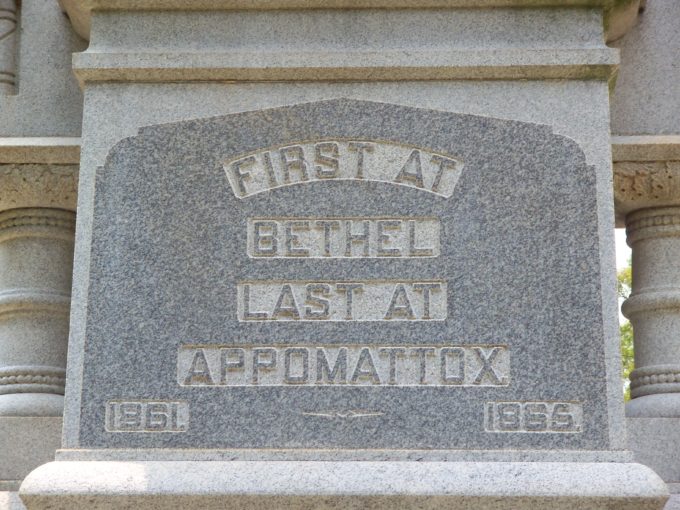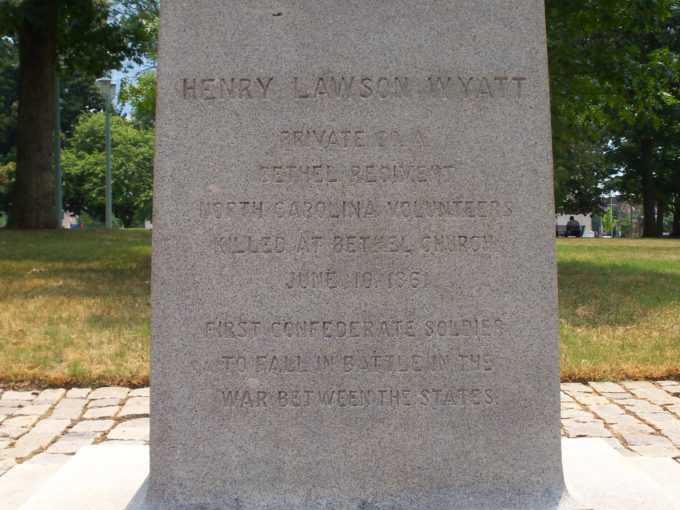
Thursday, 4 July 2019
Do they not blaspheme that noble name by which you are called? James 2:7
James, still speaking of the wealthy, asks another rhetorical question with the words, “Do they not blaspheme that noble name…?” The word “they” is in the emphatic position, and is thus to be stressed, “Do THEY not blaspheme that noble name?”
James has been speaking of those who come into the meeting of believers, and so it can be assumed that this is even speaking of someone who only claims to be such as well. And yet, he asks the question as if even the wealthy believer is known to do this. The word translated as blaspheme signifies to refuse to acknowledge good, meaning that which is worthy of respect. In this, it is a reversal of moral values.
What appears to be the case, because this is speaking of believers (or supposed believers), is that even in their state as such, they bring discredit upon the name of Christ by their refusal to acknowledge the equality of believers who are less wealthy than they are. That is seen in the words, “by which you are called.”
All believers have the name of Christ upon them. This type of thought goes back even to the Law of Moses. In the Greek translation of Deuteronomy 28:10, the name of the Lord is called upon the people of Israel –
“Then all peoples of the earth shall see that you are called by the name of the Lord, and they shall be afraid of you.”
Likewise, the thought is seen several more times in the Old Testament, such as in Amos 9:12 –
“‘That they may possess the remnant of Edom,
And all the Gentiles who are called by My name,’
Says the Lord who does this thing.”
James then cites this passage from Amos 9 in the decision rendered in Acts 15 concerning the inclusion of the Gentiles into the New Covenant. The name of Jesus is called upon His people, such as in the act of baptism, where believers are commanded to be baptized “in the name of the Father and of the Son and of the Holy Spirit” (Matthew 28:19). The Greek of Matthew 28:19 refers to the “name” in the singular. In other words, there is one name which identifies the Father, the Son, and the Holy Spirit. When a person is baptized, he is baptized into the name of the Triune God.
As this name rests upon all believers, and as the wealthy bring discredit upon the poor believers, then they are blaspheming the name which rests upon those same poor believers. The name rests upon them, and they are just as “in Christ” as any other person – regardless of any other distinction, including temporary, earthly wealth.
Life application: The rich and famous normally become so out of touch with reality that they begin to think of themselves as mini-gods. This will happen because people follow them around and throw themselves at them without a second thought. They are sought out for perceived wisdom even if they lack any true common sense or deep intelligence at all. The powerful, having such control over others, will also develop an aggravated sense of their own worth.
Look at the vast majority of those in power in Washington today. Their actions and votes indicate high arrogance; voting contrary to what is right in order to further their own petty goals.
Anyone who would actively support the murder of unborn children and call it good brings slander upon the name of the Creator. Those who attempt to control the free exercise of speech or faith likewise discredit the name of God. This is because it is the Christian’s duty to spread the gospel in each and every possible circumstance.
When that right is hindered in any way, it slanders the name of the Lord because it was He who ordained that His message go forth. How much worse then is such an attitude when held by a supposed believer in Christ. Don’t look at the lesser issues or actions of those you admire. Instead, look at their treatment of the name and gospel of Jesus Christ. This is how you gauge the true person.
Heavenly Father, please give us discerning eyes to see the true person and not to look at superficial matters that can distract our attention. Help us never to show favoritism because of wealth, power, or position. Help us not to decide matters upon color of skin or ethnicity as well. Instead, keep our eyes focused on a person’s admiration and exaltation of You as the true measure of who he is. Amen.




